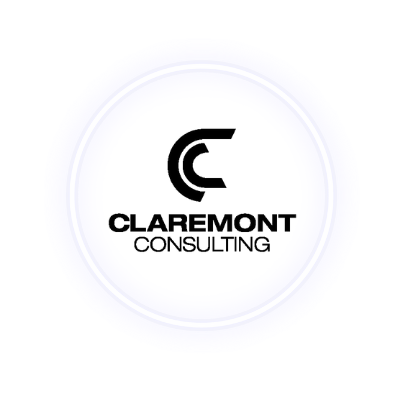Beyond Degrees: Rethinking Qualifications in the Hiring Process
In today's rapidly evolving job market, the traditional emphasis on degrees as the primary qualification for hiring is being challenged. Employers are recognising the need to reassess their approach to talent acquisition, considering a broader range of qualifications that go beyond formal education. This shift is driven by the changing nature of work, the rise of skill-based roles, and the acknowledgment that a diverse set of skills and experiences can contribute significantly to a candidate's success.

The Changing Landscape
The digital era has ushered in a demand for skills that may not necessarily be acquired through a traditional degree program. Rapid technological advancements require employees to continuously update their skill sets to remain relevant in their roles. As a result, employers are placing greater importance on skills, certifications, and practical experience.
Skills over Degrees
In many industries, employers are prioritising specific skills over formal education. For example, a candidate proficient in coding languages or digital marketing strategies may be more appealing than one with a general degree but lacking these practical skills. Companies are realising that a candidate's ability to execute tasks and contribute to the organisation's goals is often a more accurate measure of their potential success than their academic background.
Certifications and Specialised Training
Professional certifications and specialised training programs are gaining prominence as valuable qualifications. These credentials provide evidence of a candidate's expertise in a particular area, offering a tangible demonstration of their commitment to continuous learning. Platforms like LinkedIn Learning, Coursera, and Udacity allow individuals to acquire targeted skills and certifications, making them stand out in a competitive job market.
Experience as a Key Indicator
Employers are increasingly recognising the significance of hands-on experience. Internships, apprenticeships, and real-world projects allow candidates to apply their knowledge in practical settings. Hiring managers understand that candidates with relevant experience are more likely to adapt quickly to the demands of a role, reducing the learning curve and contributing to the organisation's success from day one.
The Importance of Soft Skills
While technical skills remain crucial, soft skills are equally essential in today's collaborative work environments. Communication, adaptability, problem-solving, and teamwork are becoming key factors in the hiring decision-making process. Employers are seeking well-rounded individuals who can navigate the complexities of the modern workplace and contribute positively to the team dynamic.
Building a Diverse Workforce
Rethinking qualifications in the hiring process also contributes to building a more diverse workforce. By focusing on skills, certifications, and experience, employers can tap into a broader talent pool and foster an inclusive environment that values diverse perspectives and backgrounds.
Embracing Change
As the job market continues to evolve, it's crucial for both employers and job seekers to adapt to these changes. Embracing a more flexible approach to qualifications allows organisations to attract top talent and individuals to showcase their abilities beyond the constraints of traditional degrees.
Conclusion
The traditional emphasis on degrees as the primary qualification in the hiring process is gradually giving way to a more holistic approach. By valuing skills, certifications, experience, and soft skills, employers can build dynamic and diverse teams that are better equipped to navigate the challenges of today's rapidly changing work landscape. As we move forward, a more inclusive and flexible approach to qualifications will be key to unlocking the full potential of individuals and organisations alike.





